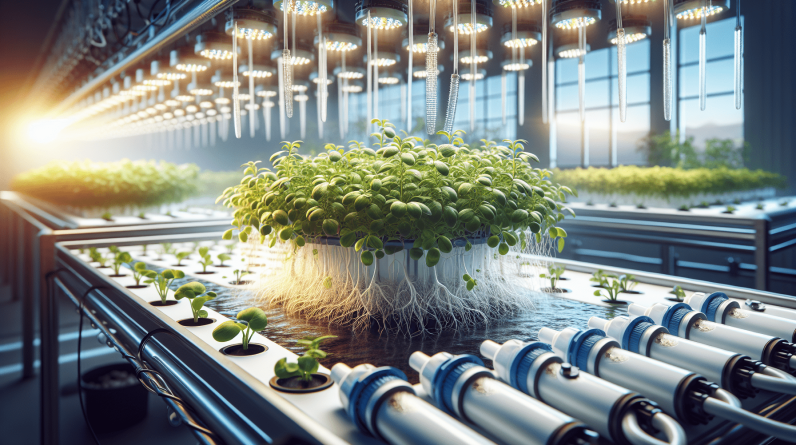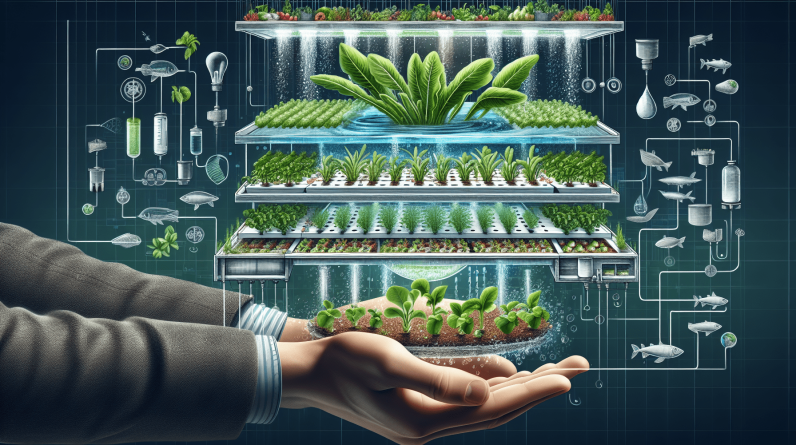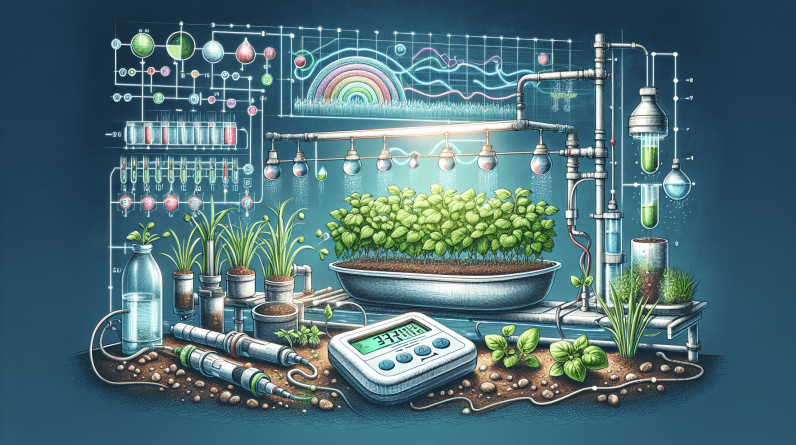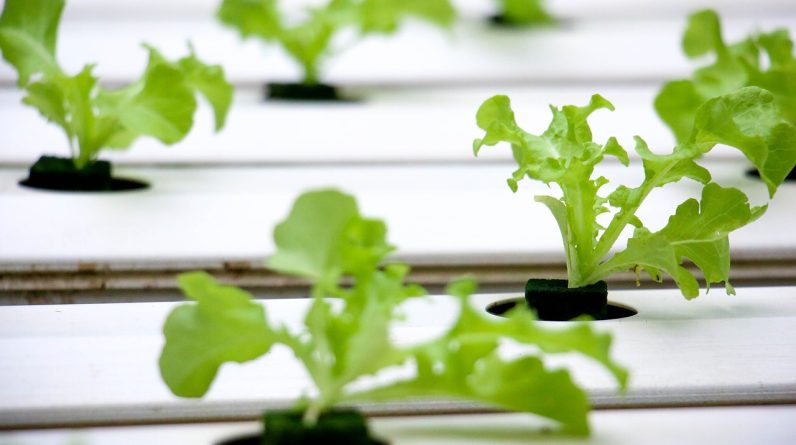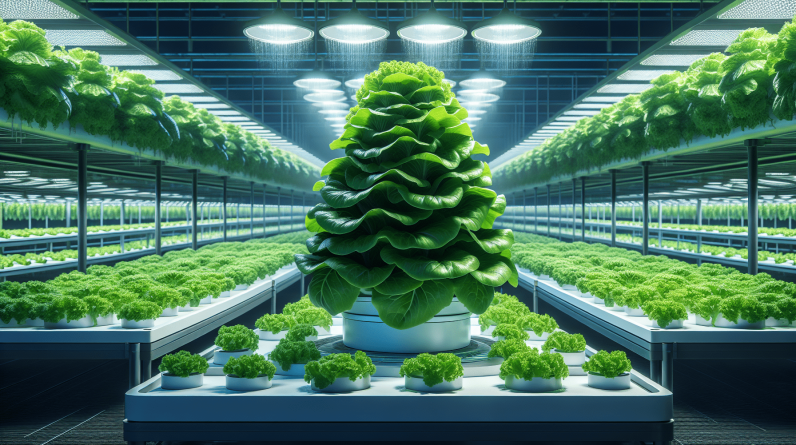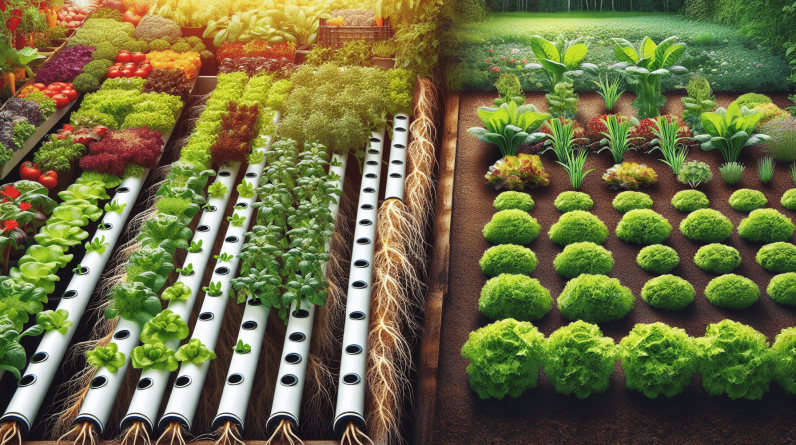
Hydroponic Gardening vs. Traditional Soil Gardening: Which Is Better?
Are you considering starting a garden, but unsure of which method to choose between hydroponic gardening and traditional soil gardening? Let’s explore the differences between the two approaches to help you make an informed decision that suits your needs and preferences.
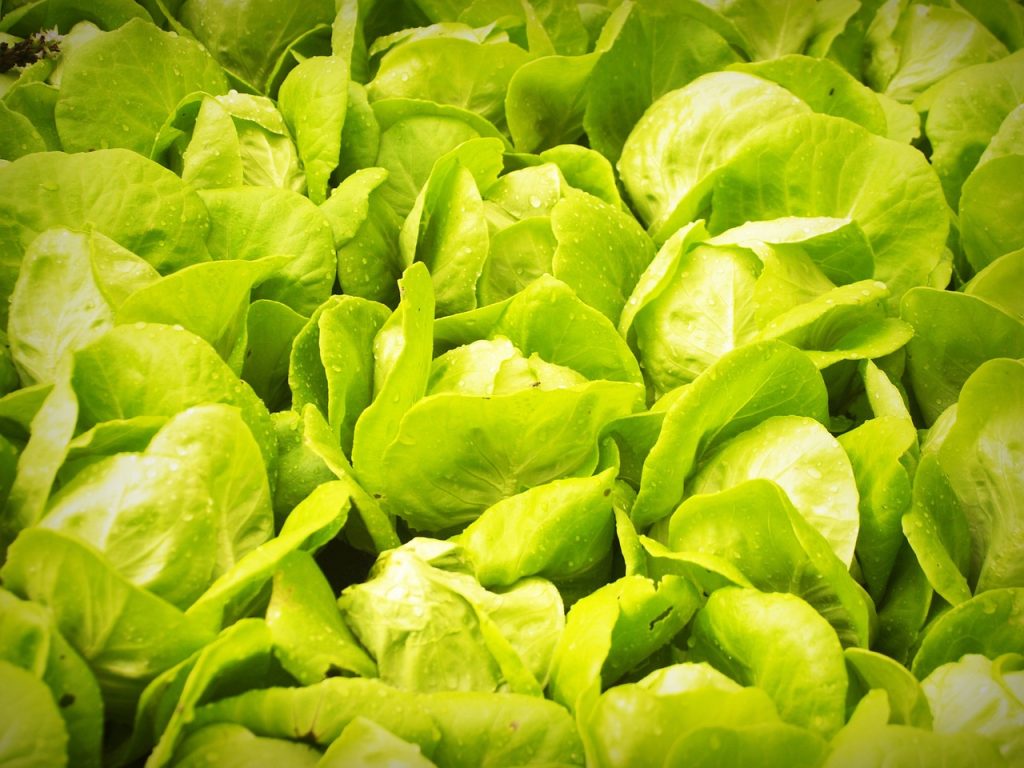
Understanding Hydroponic Gardening
Hydroponic gardening is a method of growing plants without soil, using a nutrient-rich water solution to deliver essential minerals directly to the plant roots. This technique allows plants to grow faster and more efficiently, producing higher yields of fresh, healthy produce.
Have you ever wondered how plants can thrive without soil? Hydroponic gardening harnesses the power of nutrient-rich water solutions to nourish plant roots directly, eliminating the need for traditional soil. This innovative method not only conserves water but also promotes faster plant growth and increases crop yields.
Benefits of Hydroponic Gardening
Hydroponic gardening offers a range of benefits that make it an attractive option for modern gardeners. These advantages include faster plant growth, higher crop yields, reduced water consumption, and year-round cultivation. Additionally, hydroponic systems minimize the risk of soil-borne diseases and pests, resulting in healthier plants that require fewer chemical inputs.
Are you looking for a gardening method that allows you to grow fresh, nutritious crops efficiently and sustainably? Hydroponic gardening provides an innovative solution that promotes plant health and maximizes yield, all while conserving water and reducing the need for chemical treatments.
Types of Hydroponic Systems
There are several types of hydroponic systems available, each with its own unique advantages and applications. Common types include deep water culture, nutrient film technique, ebb and flow, and drip systems. Each system offers a different approach to delivering nutrients to plant roots and maintaining optimal growing conditions.
Hydroponic gardening offers a diverse range of systems to suit various plants and growing environments. Whether you prefer a simple, DIY setup or a more sophisticated commercial system, there is a hydroponic solution to meet your needs and preferences.
Exploring Traditional Soil Gardening
Traditional soil gardening involves cultivating plants in the ground using soil as the primary growing medium. This method has been practiced for centuries and remains a popular choice among gardeners due to its simplicity and affordability.
Are you a fan of the classic gardening approach, with soil as the foundation for plant growth? Traditional soil gardening offers a familiar and time-tested method of cultivating plants in the ground, allowing you to connect with nature and experience the satisfaction of growing your own food.
Benefits of Traditional Soil Gardening
Traditional soil gardening has several advantages that appeal to gardening enthusiasts, including ease of access, affordability, and the natural ecosystem support provided by the soil. This method allows you to work with the earth, fostering a deeper connection to nature and the environment.
If you enjoy getting your hands dirty and working with the earth to cultivate plants, traditional soil gardening may be the perfect choice for you. This method offers a hands-on approach to gardening, allowing you to experience the joy of planting, nurturing, and harvesting your own crops in a natural and sustainable way.
Factors to Consider in Soil Gardening
When engaging in traditional soil gardening, it is essential to consider factors such as soil quality, drainage, sunlight exposure, and pest control. These elements play a crucial role in the success of your garden and the overall health of your plants. By understanding and addressing these factors, you can create an optimal growing environment for your crops.
In traditional soil gardening, it is vital to pay attention to various factors that can impact plant growth and productivity. By ensuring good soil quality, adequate drainage, proper sunlight exposure, and effective pest control measures, you can create a thriving garden that produces healthy and bountiful crops.
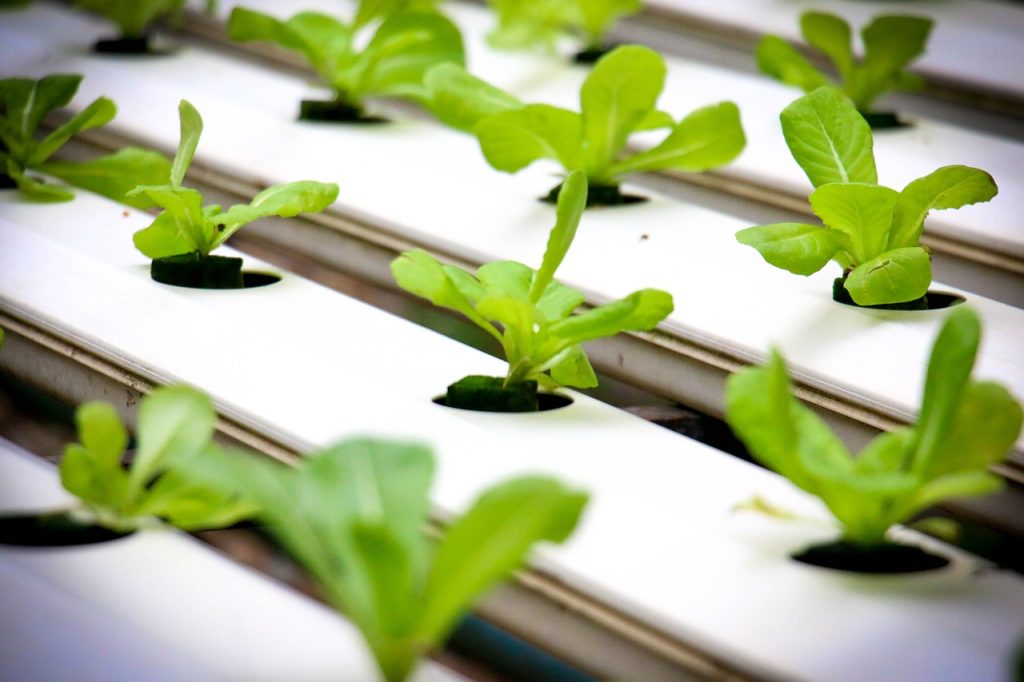
Comparing Hydroponic Gardening and Traditional Soil Gardening
Now that you have explored the key features of hydroponic gardening and traditional soil gardening, let’s compare the two methods to help you determine which approach is best suited to your gardening needs and preferences.
Resource Efficiency
One of the primary differences between hydroponic gardening and traditional soil gardening is resource efficiency. Hydroponic systems require up to 90% less water than traditional soil gardening, making them a more sustainable option for conserving this valuable resource.
When comparing resource efficiency, hydroponic gardening stands out for its significant water conservation benefits. By delivering nutrients directly to plant roots and recirculating water within the system, hydroponic setups minimize water wastage and optimize resource use, making them an eco-friendly choice for gardeners concerned about sustainability.
Growth Rate and Yield
Hydroponic gardening is known for promoting faster plant growth and higher crop yields compared to traditional soil gardening. By providing plants with a precise balance of nutrients and oxygen, hydroponic systems accelerate growth rates and increase harvest quantities, resulting in a more productive garden overall.
If you are looking to maximize plant growth and yield, hydroponic gardening offers a distinct advantage over traditional soil methods. By delivering essential nutrients directly to plant roots and maintaining optimal growing conditions, hydroponic systems enable plants to thrive and produce abundant harvests in a shorter timeframe, enhancing overall productivity and efficiency.
Pest and Disease Management
One of the key benefits of hydroponic gardening is its reduced risk of soil-borne diseases and pests compared to traditional soil gardening. By eliminating the need for soil, hydroponic setups minimize the presence of harmful pathogens and insects, resulting in healthier plants that require fewer chemical treatments.
When it comes to managing pests and diseases, hydroponic gardening offers a cleaner and more controlled environment for plant growth. By eliminating soil as a potential source of pathogens and pests, hydroponic systems help reduce the risk of plant infections and infestations, resulting in healthier crops that require minimal intervention to maintain their well-being.
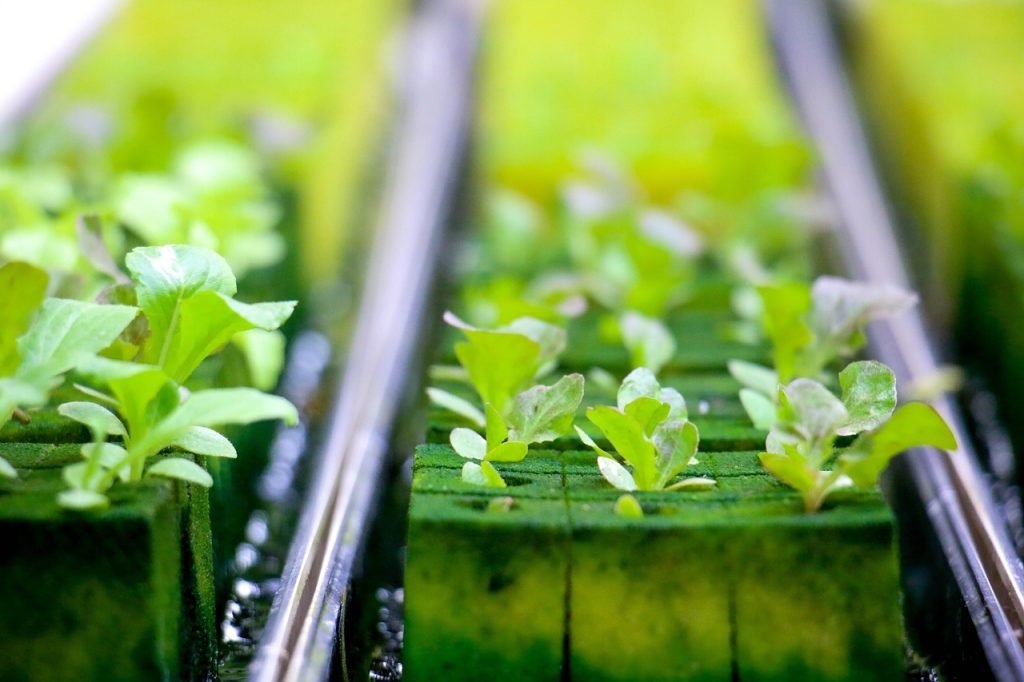
Making an Informed Decision
After exploring the key differences between hydroponic gardening and traditional soil gardening, you are now equipped to make an informed decision based on your preferences and gardening goals. Whether you prioritize resource efficiency, plant growth and yield, or pest and disease management, there is a gardening method that aligns with your values and needs.
Are you ready to embark on a gardening journey that suits your lifestyle and preferences? By considering the benefits and challenges of both hydroponic and traditional soil gardening, you can choose the method that resonates with you and allows you to cultivate a thriving garden that nourishes both body and soul.
Conclusion
In conclusion, both hydroponic gardening and traditional soil gardening offer unique benefits and advantages that cater to different gardening styles and preferences. Whether you prefer the resource efficiency and increased productivity of hydroponic systems or the hands-on approach and natural ecosystem support of traditional soil methods, there is a gardening method that suits your needs and values. By weighing the pros and cons of each approach, you can create a sustainable and rewarding garden that flourishes year-round and provides you with fresh, nutritious produce to enjoy. The key is to choose the method that resonates with your gardening philosophy and allows you to cultivate a thriving garden that brings joy and fulfillment to your life.





